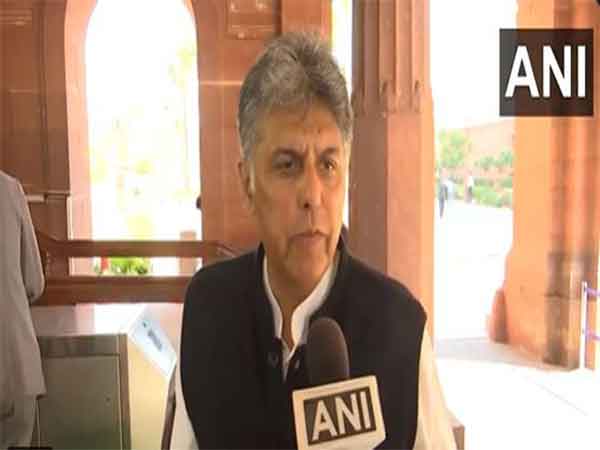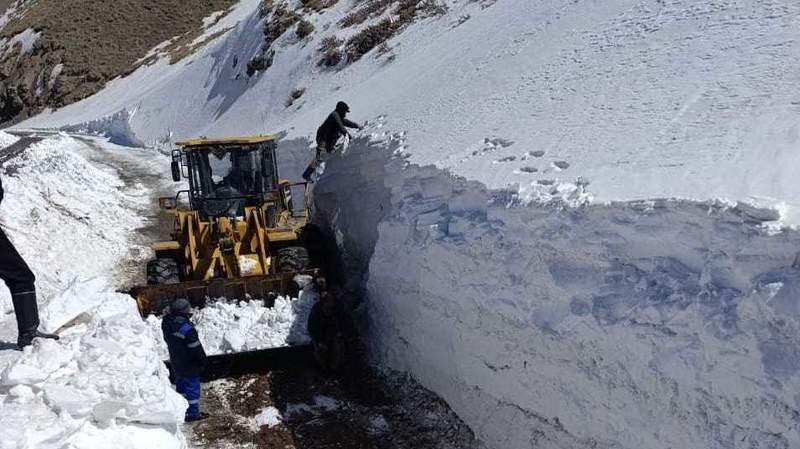
A resolution between warring psychiatrists and the NSW government will be derailed if thousands of doctors walk off the job for three days next week, after a judge blasted the doctors’ union for defying his orders. NSW Health and the Australian Salaried Medical Officers’ Federation (ASMOF NSW) were called to an urgent hearing at the Industrial Relations Commission (IRC) on Thursday after union leaders voted to go ahead with their first strike in almost 30 years . Their decision, late on Tuesday night, defied Acting Justice Peter Kite’s orders to call off the strike and refrain from any industrial action for three months .
ASMOF expects a significant portion of its 9000 members to participate in the strike. So far, staff at 32 hospitals have signed up to strike, spanning specialties including surgery, anaesthetics, emergency and intensive care. NSW Health has said it would manage impacts on emergency departments to maintain patient safety.

The doctors are demanding a pay rise of up to 30 per cent over an unspecified period to match wages in other states. The government has offered 10.5 per cent over three years.
The commission was due to hear expert evidence on Friday from the union and the state government in their separate dispute over the mass resignation of around 200 public sector psychiatrists . But Kite on Thursday asked the union’s lawyers why that arbitration should continue while doctors continued to defy orders not to strike. The union’s barrister Thomas Dixon said the strikes were “not designed to support” the psychiatrists’ claims but to advance doctors’ concerns “more generally”.
“Why does it matter why you’re striking?” Kite asked Dixon, adding it was a requirement under the state’s industrial relations act to comply with the commission’s orders. Dixon said that, while union members, the psychiatrists had no control over actions by the wider membership, and would be “affected by a decision they may oppose”..











